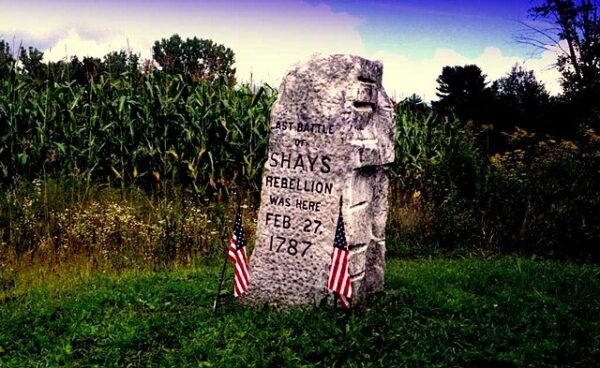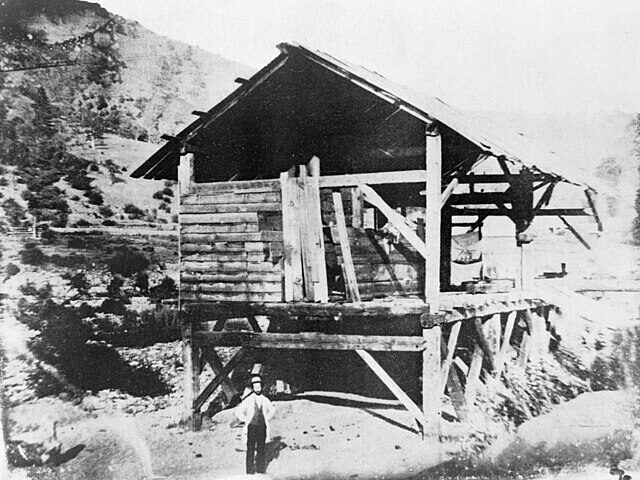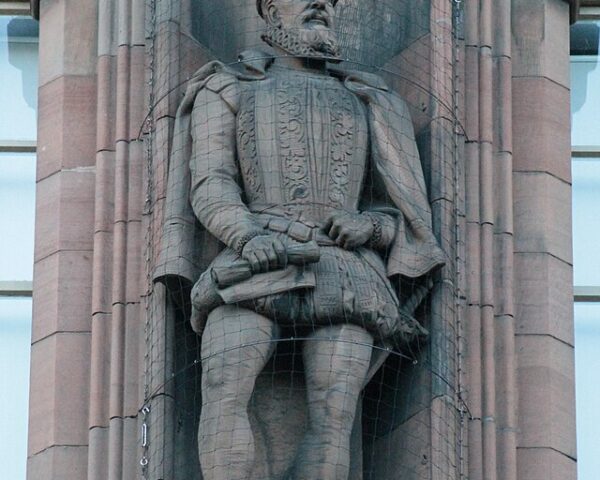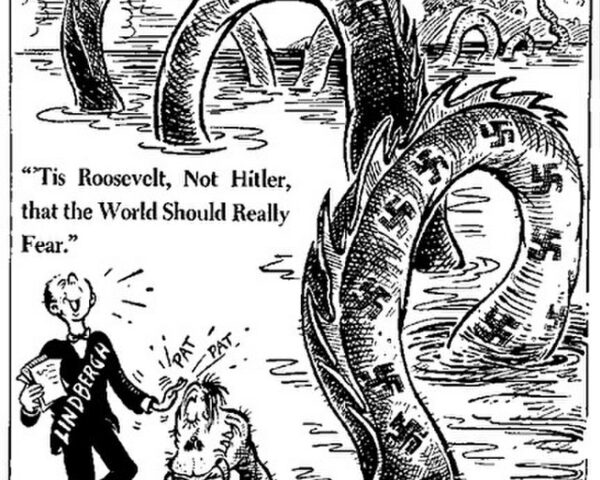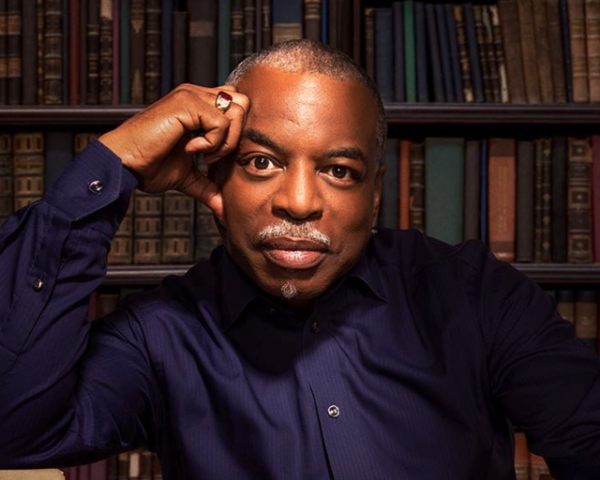On January 25, 1858, a remarkable event took place at the Chapel Royal in St. James’s Palace, London, when Queen Victoria’s eldest daughter, Princess Victoria, married Friedrich Wilhelm of Prussia. This wedding was not only a union of two powerful royal families but also…
Read MoreIn January 1787, the future of the United States of America and its newly-formed nation appeared to be unraveling at the seams when hundreds of Revolutionary War veterans launched an insurrection. The rebellion took place in western Massachusetts during 1786 and 1787, led by…
Read MoreOn January 24, 1848, a carpenter named James W. Marshall bent down along the American River and unknowingly altered the trajectory of a continent. What he found glittering in the cold water near Sutter’s Mill was not merely a fleck of metal, but the…
Read MoreOn January 24, 1935, the Gottfried Krueger Brewing Company of Newark, New Jersey, changed beer drinking forever when it introduced the first commercially available canned beer, a groundbreaking innovation that transformed the beverage industry. This development revolutionized how beer was packaged, distributed, and consumed,…
Read MoreHenry VIII, the notorious Tudor monarch of England, is often remembered for his tumultuous reign, marked by political intrigue, religious upheaval, and marital drama. But it was his love of sports that may have dramatically affected his reign. On January 24, 1536, during a…
Read MoreOn a cold January morning in 1570, a single gunshot echoed through the streets of Linlithgow and across Scottish history. James Stewart, 1st Earl of Moray—regent of Scotland and guardian of the infant king—slumped from his horse, mortally wounded. With that shot, fired from…
Read MoreOn January 23, 1941, Charles Lindbergh, the renowned aviator celebrated for his groundbreaking 1927 solo transatlantic flight, delivered a controversial speech before the U.S. Congress. In his testimony, Lindbergh advocated for a neutrality pact with Nazi Germany, a stance that would polarize public opinion…
Read MoreIt is considered one of the most important television miniseries of all time. On January 23, 1977, “Roots” debuted, marking a watershed moment in the history of American TV. Based on Alex Haley’s novel, the miniseries chronicled the journey of an African-American family, beginning…
Read MoreOn January 22, 1970, a new era of flight quietly but decisively began as a Boeing 747 lifted off from John F. Kennedy International Airport, bound for London Heathrow Airport. Operated by its launch customer, Pan American World Airways, the world’s first “jumbo jet”…
Read MoreOn January 22, 1973, the Supreme Court of the United States issued two pivotal rulings, Roe v. Wade and Doe v. Bolton, that fundamentally altered the legal framework surrounding abortion in the United States. These decisions collectively legalized elective abortion nationwide and established a…
Read More


